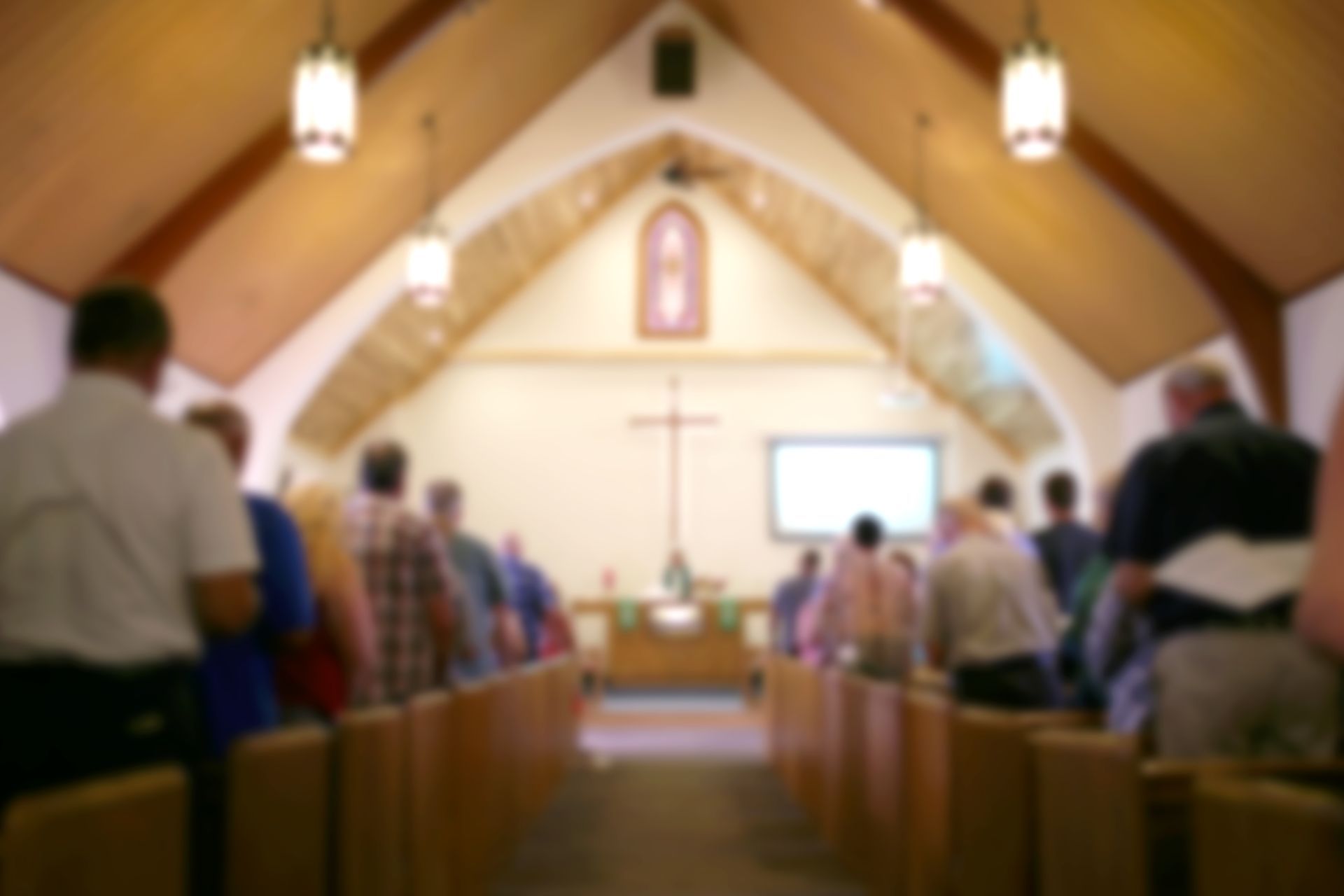Churches & Technology During COVID19
I believe that the church is changing in several ways. How long of an impact this will have, only time will tell.
Technology has had a great effect on churches. Prior to the COVID-19 pandemic, many churches streamed their services for those unable to attend in person or posted videos to be viewed by members at their convenience. Giving had also been provided another option through online giving options like tabs on websites or mobile apps. These options were given and created for the members and communities being served out of want to reach more people and make the churches more accessible, not just available when the church doors were open.
Unfortunately, since the onset of this pandemic, sole reliance upon these technologic options has had a detrimental effect on the church spiritually and financially, both of which they were originally meant to enhance. Even churches that have already opened, have to continue to offer their services via social media because many people are still not comfortable returning.
Spiritually
People who are healthy and can go to church, have gotten used to the idea of going to church every so often, and they are using the COVID-19 crisis as an excuse, when many of these people are out and about, participating in all sorts of activities, but still find a way to NOT go to church. Even though technology helps, and has helped us, the reality is that we were not created to worship the Lord via technology only (apart from those who are sick and can’t go to church, of course).
We should not be too quick to judge these individuals. On the contrary, as pastors and as brothers and sisters in Christ, we should be there for them to offer encouragement. We should be ready to minister to them whenever they need us. This is what the Bible teaches us: to encourage each other, and to pray for one another.
We were created to worship in community. We need each other. We need to see each other, speak to each other, etc., even if we have to practice social distancing. Technology, I’m afraid, is taking that away from the church community.
Financially
For many people who are not going to church they often do not feel, or lose the sense of, the obligation to give. When you are not in church, or you are not in church on a regular basis, you do not see the need. In addition to this, many have not been able to get their jobs back, so they cannot give to the church. The church has suffered economically for this reason.
The church is reinventing itself in many ways. One of the ways that I see is that we are developing and strengthening the small group or cell groups, and home church again. This is a positive thing in so far as people are willing to go to a home Bible Study of a person that they know, more often than going to church.
As pastors, we have to make sure that those who are staying home do NOT feel as if they are no longer part of the community. Therefore, while we want to encourage those who are healthy to start attending church in a safe way, we have found ourselves ministering to many people at home. Another example of this is that we are taking the Holy Communion, or Lord’s Supper to the elderly, the sick, or those who still feel uncomfortable going to church, to their homes.
In conclusion, I would just say that, yes, these are challenging times for the church. This virus has challenged believers in many ways, it has challenged the faith of many believers. Despite the fact that we understand more about this virus now than we did 6-8 months ago, and that there are (as of the writing of this article), at least two very promising vaccines, and in addition to that there are new therapeutics, all of which makes it a lot more unlikely that an individual will die from it, this virus (COVID-19) still instills a great sense of fear in the hearts of a large segment of the both the church community and the population at large. But we must also be reminded of truth that, the church does not belong to us; it belongs to Christ. He died for the church on the cross. Nothing has taken Him by surprise-including CORONAVIRUS!








Resources


